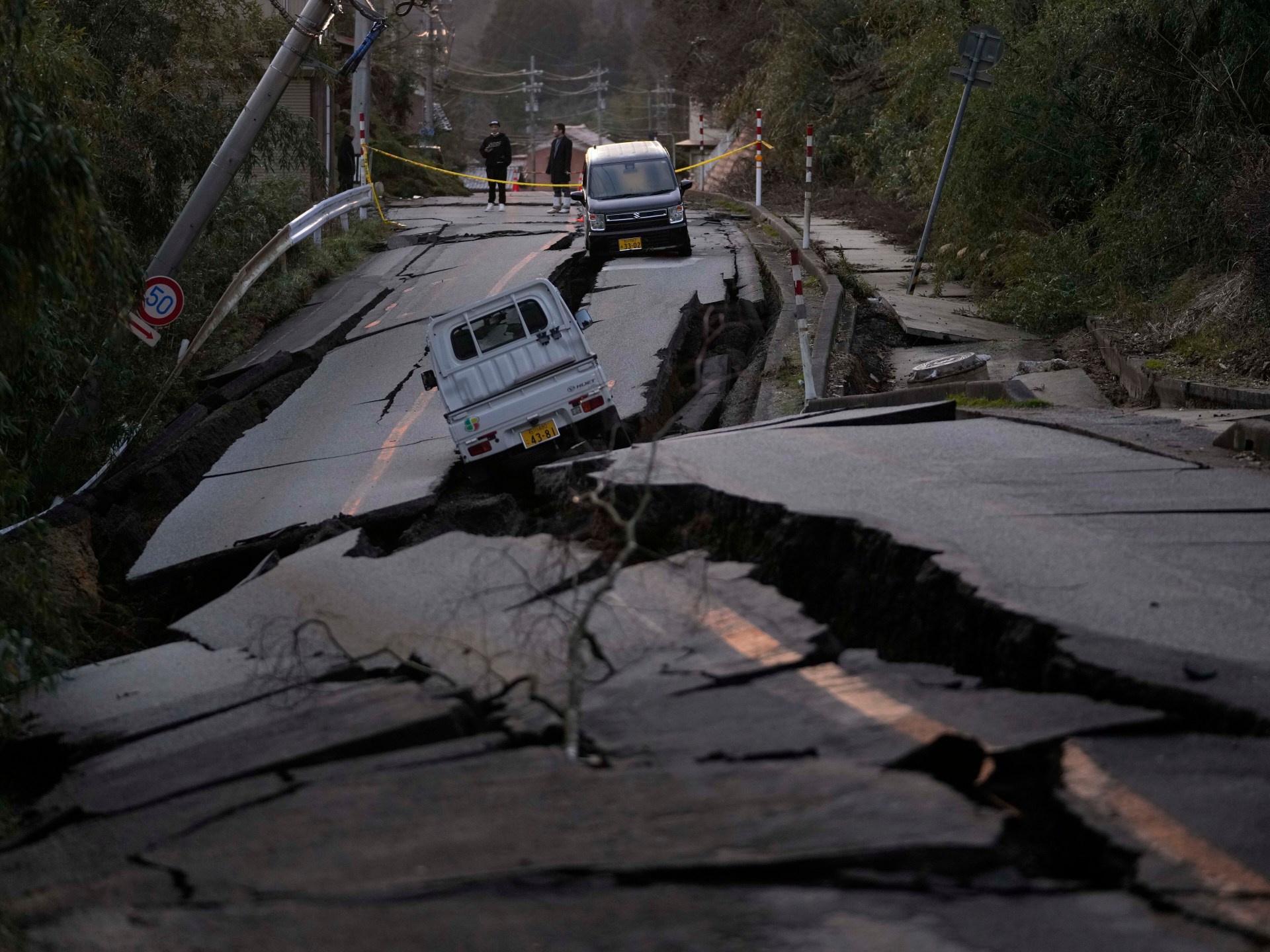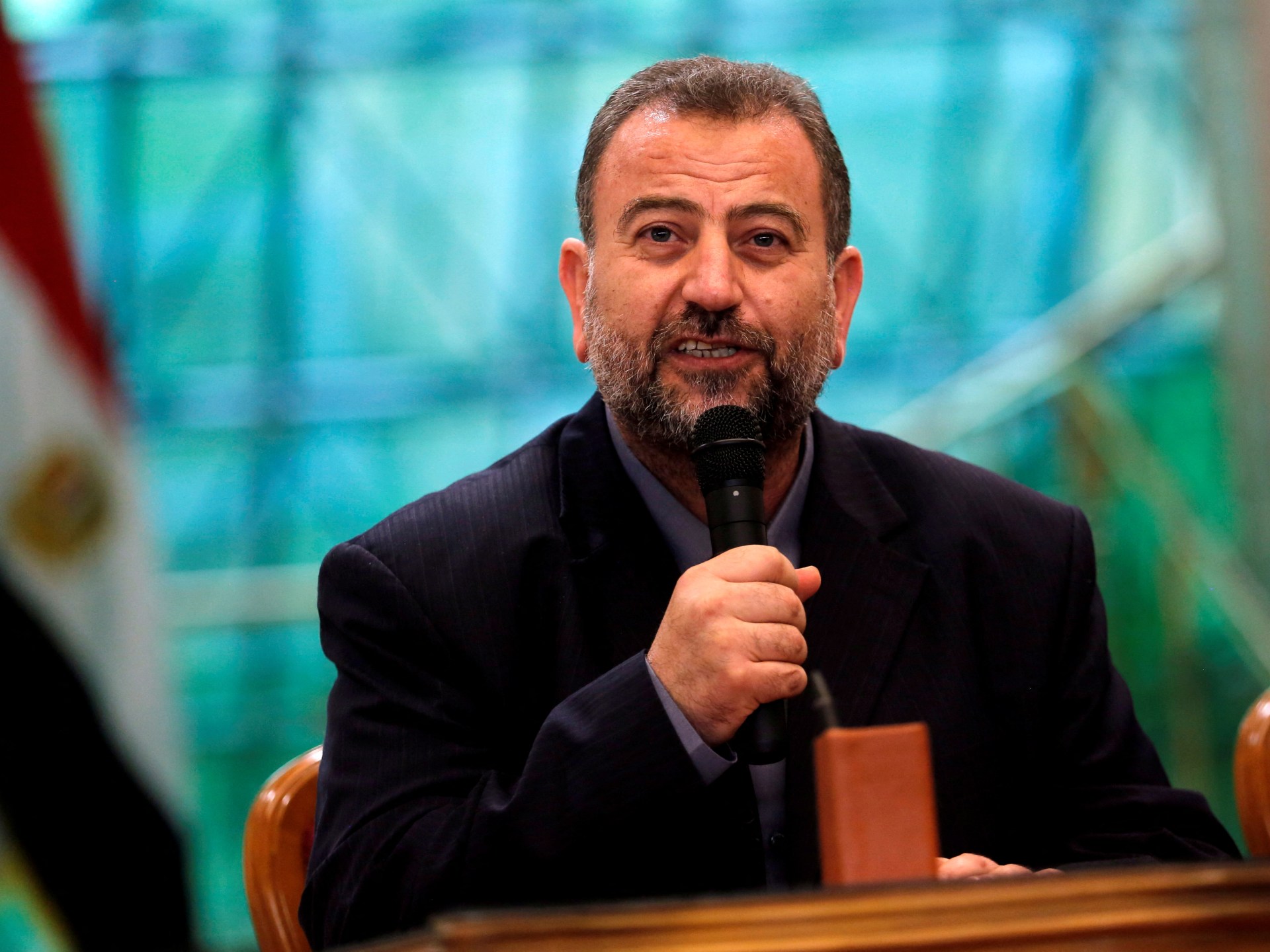Egypt’s years-long ambition to become a regional gas hub and a major exporter of liquefied natural gas (LNG) appears to be in jeopardy as shipments to Europe ground to a halt in June.
To make matters worse, the country witnessed frequent power cuts throughout the summer months due to a shortage of gas to supply its own power plants.
It all comes as Egypt faces a severe debt crisis, meaning that the foreign currency LNG exports would have brought in is now needed more than ever.
The situation begs the question: Is the halt in exports merely a hiccup for Egypt’s ambitions, or are the problems more structural?
Increased domestic demand
Egypt has the only two liquefaction plants in the Eastern Mediterranean, which means that countries like Cyprus and Israel – who have major fields but do not need much for the domestic market – would need it to turn their gas into LNG so it can be shipped to Europe.
Its biggest gas field, Zohr which was discovered in 2015 in the Mediterranean and came online in 2017, has boosted its gas ambitions, as it produced enough for domestic demand as well as export.
Zohr accounts for close to 40 percent of Egypt’s total gas output, with an estimated 850 billion cubic metres of gas, the equivalent of some 14 years of Egypt’s domestic consumption as per 2022 numbers.
The energy crisis in Europe as a result of the Ukraine war increased gas prices dramatically, providing an opportunity for Egypt. LNG exports peaked at 8.9 billion cubic metres in 2022, generating $8.4bn in revenues, compared to $3.5bn the year before.
However, in February, Energy Minister Tarek el-Molla said Egypt expected 50 percent less revenue from gas exports as a result of a global drop in natural gas prices.
In April, Egypt’s trade deficit increased by almost 24 percent year-on-year, driven by a decline in the value of gas exports.
In June, no LNG was exported at all as gas availability failed to meet the higher summer domestic demand for electricity, leading to scheduled power blackouts in Egypt through the summer months.
El-Molla said LNG shipments would resume in October when electricity demand drops with the start of autumn.
On increased domestic demand, Karim Elgendy, a non-resident scholar at the Middle East Institute, pointed to an “increase in demand by energy-intensive industries due to [an earlier] government decision to support those industries”.
A market analyst, who requested to be cited anonymously, said Egypt had stopped importing diesel and fuel oil and hence needed more gas to supply its own power plants.
The decision was described as “a miscalculation” by the analyst, as the government reversed the decision in July and started to import more fuel oil and diesel again.
The government itself pointed to a higher than anticipated summer demand for electricity, due to the unusually hot weather, as the reason for the higher gas demand.
Aside from that, Egypt’s electricity demand naturally grows each year due to population growth and the connection of more households to the grid.
Reliance on imports
On the supply side, the picture is rather straightforward: Domestic gas production decreased in Egypt, particularly due to a drop in the Zohr field’s output.
Total gas output fell to a three-year low in the second quarter of 2023, oil and gas analysis platform MEES reported.
There have been reports that technical issues such as water infiltrating the undersea gas reservoir caused the decline, but the government denied any such problems.
Industry sources point to the natural depletion of wells in the Zohr field, a lack of investments to keep production up and fewer new discoveries, as reasons for the declining gas production.
“Gas production […] does suffer from high decline rates that need the oil companies … to continuously work their fields and also add new discoveries,” Peter Stevenson, editor at MEES, told Al Jazeera.
In August, President Abdel-Fattah el-Sisi met the CEOs of international oil and gas companies BP and Eni, who announced billion-dollar investment plans in Egypt, according to statements by the Egyptian presidency.
These investments would be spread over several years and could boost or at least stabilise local production.
‘Razor-thin’ margins
The production drop of Zohr is not new, output has been decreasing for two years.
Egypt has been able to continue exporting LNG because of Israeli gas imports, but in the summer of 2022 the surplus was already “razor-thin”, Stevenson said.
“The writing essentially was on the wall from last year but the authorities didn’t foresee that there would be a further fall in Zohr output this year.”
Israel’s gas network is connected by a pipeline to Egypt, which makes it suitable for transport.
In 2022, Israel exported 5.81 billion cubic meters of gas to Egypt, a record high. Egypt, Israel and the European Union also signed a “historic agreement” in June last year to boost gas exports to the EU, and in August, Israel approved a further increase in gas exports to Egypt.
However, coping with such an increase in Israeli gas flow requires an infrastructure upgrade, which is only expected to be completed by 2025 or 2026.
The other gas-rich neighbour is Cyprus.
For Egypt to re-export Cypriot gas would require building a pipeline from the gas fields in Cyprus to Egypt.
A consortium of international oil companies plans to invest in such a pipeline, but Cyprus prefers to have its own floating LNG terminal, which would bypass Egypt.
The United States government favours a pipeline to Egypt over the floating LNG terminal, with a US source telling the Reuters news agency in early September that involving Egypt in the gas scheme would help “with peak domestic consumption in the summer, add stability and reduce tensions in the region, and allow exports for Europe”.
In any case, that pipeline would take years to complete.
None of this means that Egypt should shelf its gas hub ambitions, according to Elgendy.
“The hub status was about the East Med and not Egypt’s own gas, so as long as increased Israeli and Cypriot gas flow into the LNG facilities [in Egypt] the Egyptian ambitions will remain high,” he said.
But, Stevenson noted, “any increase in Israeli or even Cypriot gas won’t be for several years”.
He expected Egypt to be able to export “some volumes of LNG” in winter months, but face shortages in summer months that could again lead to power outages, “until it can either make more discoveries or import more regional gas”.

 Movie
Movie 6 months ago
108
6 months ago
108 






![Presidents Day Weekend Car Sales [2021 Edition] Presidents Day Weekend Car Sales [2021 Edition]](https://www.findthebestcarprice.com/wp-content/uploads/Presidents-Day-Weekend-car-sales.jpg)



 English (United States)
English (United States)